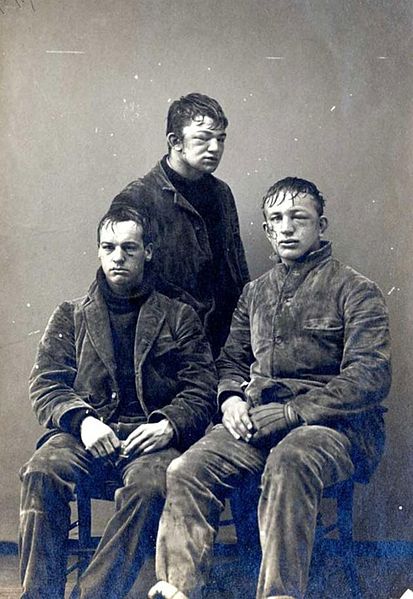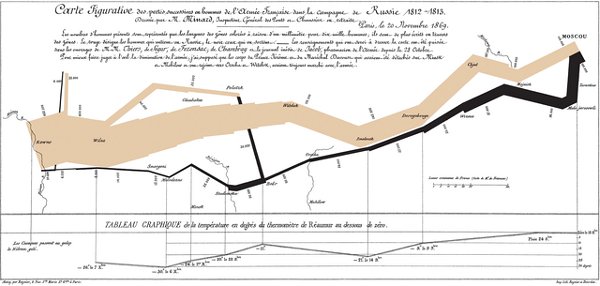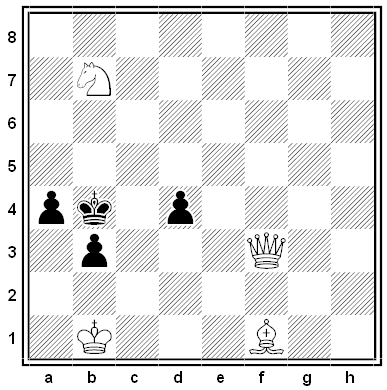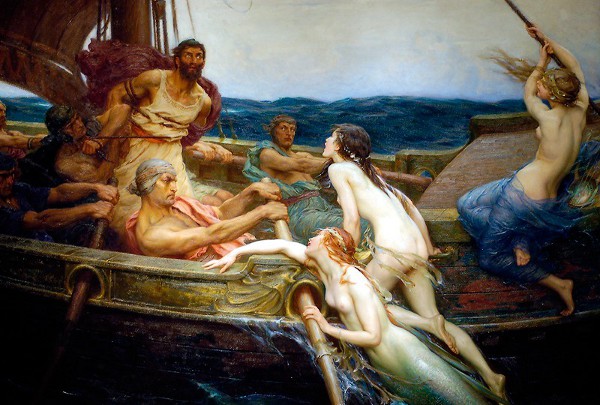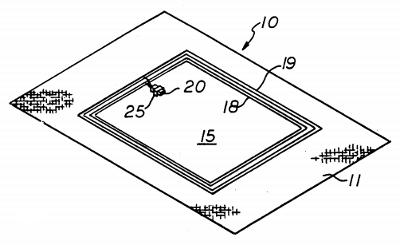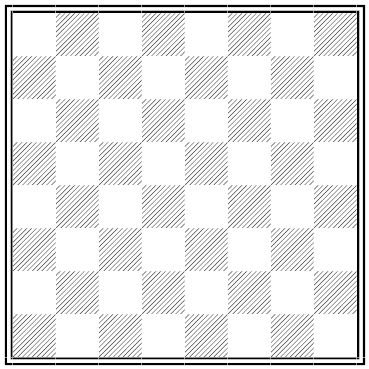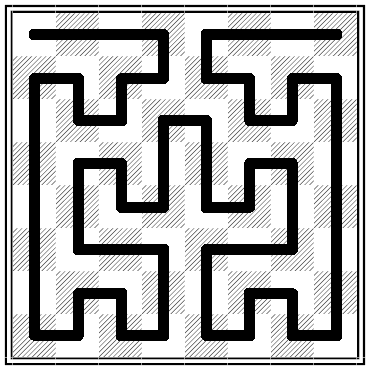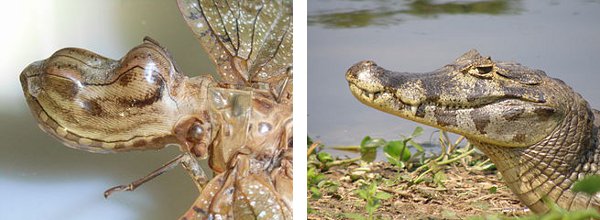
Book One of F. Scott Fitzgerald’s This Side of Paradise concludes with this italicized passage as Tom and Amory are taking leave of Princeton:
The last light fades and drifts across the land — the low, long land, the sunny land of spires; the ghosts of evening tune again their lyres and wander singing in a plaintive band down the long corridors of trees; pale fires echo the night from tower top to tower: Oh, sleep that dreams, and dream that never tires, press from the petals of the lotus flower something of this to keep, the essence of an hour.
No more to wait the twilight of the moon in this sequestered vale of star and spire, for one eternal morning of desire passes to time and earthy afternoon. Here, Heraclitus, did you find in fire and shifting things the prophecy you hurled down the dead years; this midnight my desire will see, shadowed among the embers, furled in flame, the splendor and the sadness of the world.
In fact this is a sonnet. Fitzgerald had written it originally in rhymed lines of iambic pentameter and decided only afterward to run it into prose. There’s a second such poem (“The February streets, wind-washed by night”) hidden in the section “Looking Backward.” See Prose Poetry.
Speaking of Princeton, I found this photo while researching art for this post — “Princeton students after a freshman vs. sophomores snowball fight in 1893”:
